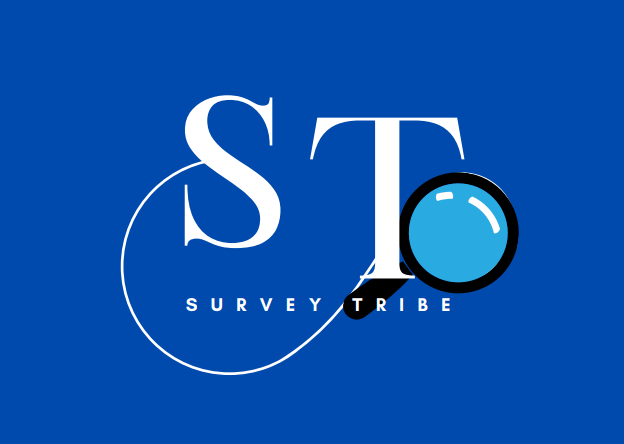In today’s data-driven world, understanding your audience, customers, or employees is more crucial than ever. One of the most effective tools for gathering this essential information is the survey. Surveys have evolved significantly over the years, becoming a cornerstone of modern business strategy, academic research, and social analysis. This blog post will explore why surveys are important, how they contribute to informed decision-making, and the best practices for creating impactful surveys.
- Direct Access to Opinions and Preferences
Surveys provide a direct line to the thoughts and opinions of your target audience. Whether you’re a business looking to improve your products, a researcher gathering data for a study, or an organization seeking feedback from employees, surveys allow you to collect firsthand information.
Example: A company launching a new product can use surveys to gauge potential customers’ interest, preferences, and suggestions. This direct feedback helps shape the product to better meet customer needs and expectations.
- Data-Driven Decision Making
Informed decisions are the backbone of successful strategies. Surveys offer quantitative and qualitative data that can be analyzed to uncover trends, preferences, and areas for improvement. This data-driven approach minimizes the risk of decisions based on assumptions or incomplete information.
Example: A university conducting a survey on student satisfaction can identify specific areas where the institution excels and where it needs improvement. This data can inform policies, resource allocation, and strategic planning.
- Enhancing Customer Satisfaction
Customer satisfaction is pivotal for business growth and retention. Surveys help businesses understand customer needs and pain points, allowing for targeted improvements and proactive problem-solving.
Example: After implementing a new service, a company might conduct a customer satisfaction survey to identify any issues and areas for enhancement. Addressing these concerns can lead to higher customer loyalty and positive word-of-mouth.
- Measuring Employee Engagement
Employee engagement surveys are crucial for understanding workforce morale, satisfaction, and productivity. By regularly collecting feedback, organizations can create a more positive work environment, boost morale, and reduce turnover.
Example: An annual employee engagement survey can reveal insights into employee satisfaction, management effectiveness, and workplace culture. These insights enable leaders to make changes that enhance employee well-being and productivity.
- Validating Hypotheses and Research
In academic and scientific research, surveys are essential for validating hypotheses and theories. They provide empirical data that can support or refute assumptions, contributing to the advancement of knowledge in various fields.
Example: A sociologist studying social behavior might use surveys to gather data on attitudes, behaviors, and social interactions. This data is critical for validating theories and drawing meaningful conclusions.
- Cost-Effective and Scalable
Surveys are a cost-effective method for gathering data from large populations. With the advent of online survey tools, reaching a broad audience has never been easier or more affordable. This scalability makes surveys accessible to organizations of all sizes.
Example: An NGO looking to assess the impact of its programs can use online surveys to reach beneficiaries across different regions. This approach is both efficient and budget-friendly.
Best Practices for Creating Effective Surveys
To maximize the benefits of surveys, it’s essential to follow best practices in their design and implementation:
Clear Objectives: Define the purpose of the survey and what you aim to achieve.
Targeted Audience: Ensure your survey reaches the right audience for relevant insights.
Balanced Questions: Use a mix of open-ended and closed-ended questions to gather comprehensive data.
Simplicity: Keep questions simple and avoid jargon to ensure clarity.
Anonymity: Offer anonymity to encourage honest and candid responses.
Pilot Testing: Conduct a pilot test to identify any issues before the full rollout.
Analysis and Action: Analyze the data thoroughly and take actionable steps based on the findings.
Conclusion
Surveys are an indispensable tool for gathering valuable insights across various domains. They empower organizations, researchers, and businesses to make informed decisions, enhance satisfaction, and drive progress. By understanding and leveraging the power of surveys, you can unlock a wealth of information that is crucial for success in today’s competitive and rapidly changing environment. This is one of the primary services we provide at Survey Tribe to all our potential clients.
